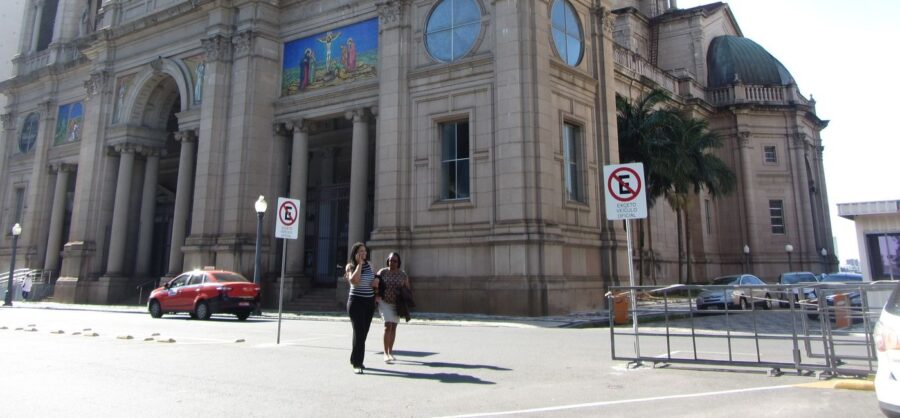Brazil Postpones Visa Requirements for U.S. Travelers Until 2025

Brazil has extended its visa waiver for U.S. citizens, pushing back the implementation of its new e-visa requirement to April 10, 2025. This delay allows travelers from the United States, as well as from Canada and Australia, to continue visiting Brazil without a visa for leisure or business purposes.
Details of the Delay
Initially set to begin in October 2023, the requirement for an e-visa has been postponed several times, with the latest date now set for 2025. The Brazilian Tourist Board explained that the delay is necessary to complete the setup of the new e-visa system and to avoid disrupting tourist arrivals during the peak travel seasons.
E-Visa Costs and Validity
When the e-visa requirement is implemented, the cost will be $81 for U.S. travelers, with the visa valid for 10 years and allowing multiple entries. For Canadian and Australian visitors, the visa will have a 5-year validity. The Brazilian government aims to streamline the travel process while ensuring proper entry protocols are followed.
Application Process
Travelers will need to apply for their e-visa online through the designated portal at brazil.vfsevisa.com. The application process includes submitting personal and passport details, and the processing time is expected to be up to five business days. Authorities recommend applying at least two months in advance of travel to Brazil to ensure there is ample time to address any potential issues with the application.
Why the Visa Requirement?
The decision to reintroduce visa requirements for certain countries is based on a lack of visa reciprocity. Brazil seeks to establish a more balanced relationship with countries that currently require Brazilian nationals to undergo rigorous visa application processes and fees.
Current Status and Future Outlook
As of now, U.S., Canadian, and Australian citizens can travel to Brazil without a visa for stays up to 90 days, with the possibility to extend up to 180 days. The Brazilian government continues to negotiate visa exemption agreements based on reciprocity and equality with these nations, which may influence future visa policies.
Global Context
The delay in Brazil’s visa policy comes alongside similar postponements in global travel regulations, such as the European Union’s ETIAS system now expected to launch in the first half of 2025. These changes reflect broader shifts in international travel requirements, aimed at enhancing security while facilitating tourism and business exchanges.
For now, U.S. travelers can enjoy visa-free entry to Brazil, taking advantage of the extended waiver to explore the vibrant culture, breathtaking landscapes, and diverse experiences Brazil has to offer without the additional step of obtaining a visa.
